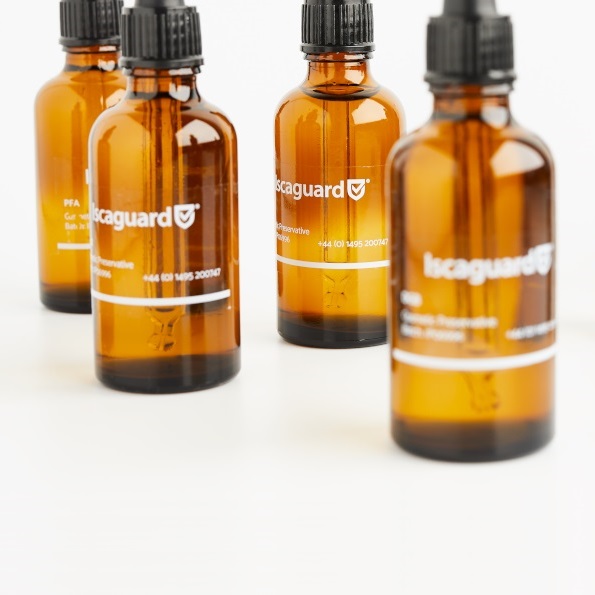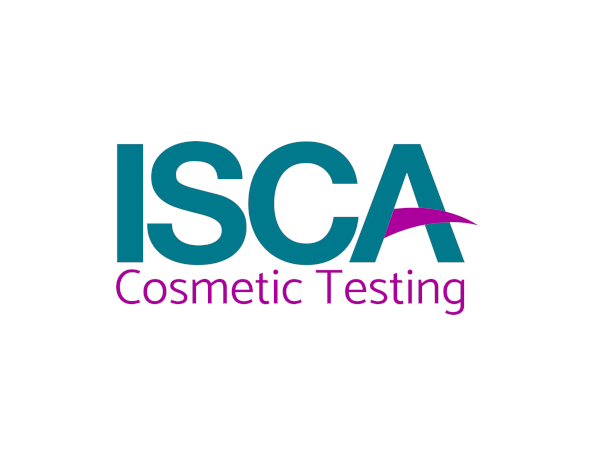Cosmetic Preservatives
The Iscaguard range of cosmetic preservatives is a line of products designed to effectively preserve cosmetics while offering a range of benefits.
Notably, in response to market demands, we offer many preservatives that are free from parabens, formaldehyde and isothiazolinones.
Some products in the Iscaguard range comply with the Ecocert / COSMOS standard, this makes them an ideal choice for consumers who prioritise eco-friendly and sustainable beauty products. Additionally, many Iscaguard products are Halal certified, meeting the requirements of individuals seeking products that adhere to their religious beliefs. Overall, the Iscaguard range stands as a versatile solution, offering preservation, safety, and ethical considerations for a diverse range of cosmetic formulations suitable for markets throughout the world.








